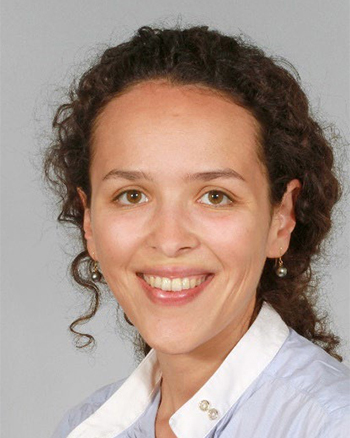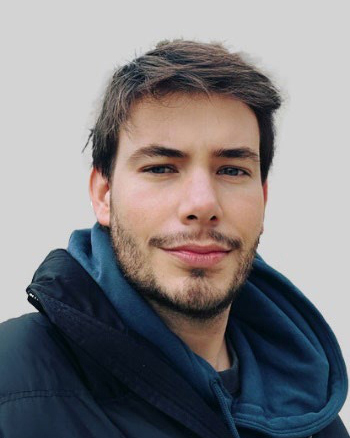Zayna Chaker, CNRS researcher at the IGFL, and Daniel Stilck França, Inria researcher, LIP member, have been awarded the prestigious "Starting" Grant from the European Research Council (ERC).
On Thursday, September 5, 2024, the European Research Council (ERC) announced the 494 "Starting" grant winners for 2024. The grants - totalling nearly €780 million - support cutting-edge research in a wide range of fields, from medicine and physics to social sciences and humanities. They will help researchers at the beginning of their careers to launch their own projects, form their teams and pursue their best ideas.
Among the 49 beneficiaries hosting their projects in France, the Lyon area boasts three laureates, two of whom are scientists from ENS de Lyon laboratories.

Zayna Chaker
CNRS Researcher at the Institute of Functional Genomics of Lyon (IGFL, CNRS/ENS de Lyon)
- Project : NSC-CoDEC
- Neural stem cell coordination: a developmental, evolutionary and circuit perspective
Neural stem cells persist in the adult mammalian brain. They have the potential to generate new neurons. In mice, neural stem cells reside in two small, well-localized regions. The NSC-CoDEC project focuses on the common features of these two neurogenic regions. It aims to investigate whether stem cell subpopulations in the two regions share similar molecular signatures and developmental trajectories. The project will then test the hypothesis of coordinated recruitment of specific stem cells in response to particular physiological or pathological conditions.

Daniel Stilck França
Inria Starting Faculty Position in QInfo project team, member of the Parallel Computation Laboratory (LIP, CNRS/ENS de Lyon/Université Claude Bernard Lyon 1/Inria).
- Project: GIFNEQ
- Gibbs framework for near-term quantum computing
In recent years, advances have been made in the field of quantum computing, without any practical applications as yet. One of the main obstacles is the presence of unwanted noise affecting information processing devices. We have a well-established theory of quantum error correction and fault tolerance to deal with these errors, but it is very resource-intensive and some of its building blocks are currently only demonstrated experimentally. The aim of the GIFNEQ project is to overcome these difficulties and bring us closer to the realization of a quantum computer.






